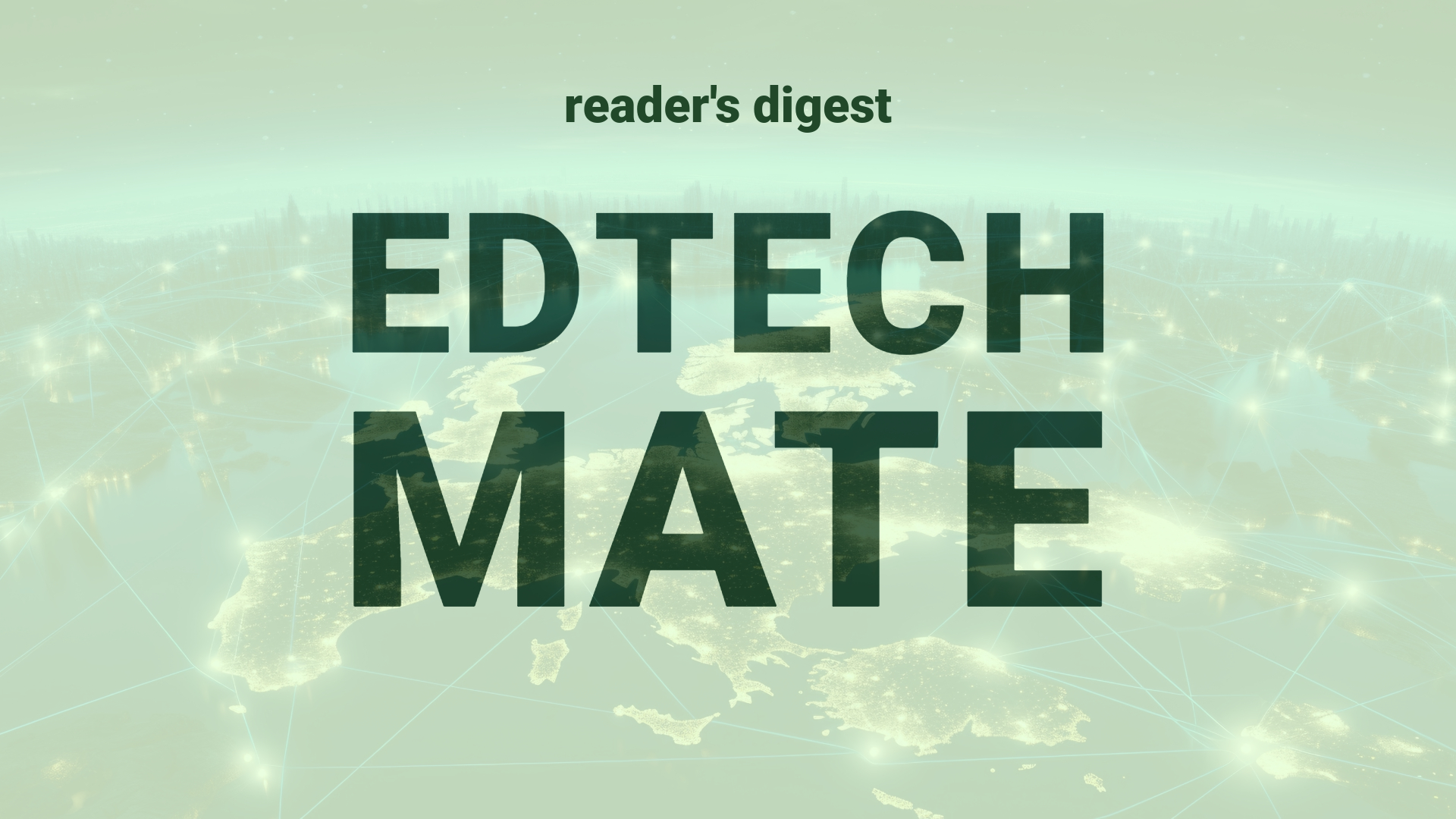Executive Summary and Main Points
In an interview with key figures from McKinsey & Company, Lee Yuan Siong, Group Chief Executive and President of AIA Group, discusses the company’s role and strategy in the dynamically evolving Asian insurance market. Emphasizing their unique cultural approach, investment in technology, and robust distribution network, AIA’s successes manifest through substantive growth numbers, showcasing a 33 percent increase in the value of new business. Lee highlights their ambition with the AIA One Billion initiative and shares insights on leadership within turbulent industry climates. The Asian insurance landscape presents ample growth opportunities, fueled by changing demographics, economic growth, and technology advancements.
Potential Impact in the Education Sector
While the content pertains to the insurance sector, parallels can be drawn for the education sector regarding strategic growth and investment in technology. In Further and Higher Education, institutions can learn from insurance market strategies to widen participation and digitalize their offerings to meet today’s challenges. The emphasis on local knowledge can influence international partnerships in education, enhancing cultural understanding and customizing offerings to individual market needs. Similarly, AIA’s commitment to empowering a billion lives aligns with educational goals on transformative learning experiences and societal impact. The role of Micro-credentials could be significantly influenced by digitalization trends and a strategic prioritization of lifelong learning initiatives similar to AIA’s life stage-based customer engagement.
Potential Applicability in the Education Sector
Lee Yuan Siong’s insights provide innovative applications for the global education sector. The strategic use of AI and digital analytics in supporting personalized education paths mirrors AIA’s tailored approaches to customer engagement. The deployment of digital ecosystems in insurance can translate to integrated learning platforms in education that offer dynamic and flexible learning opportunities. AIA’s empowerment model, where local business units operate with autonomy within group standards, could be paralleled in a global education context through decentralized yet unified academic frameworks that allow for local adaptations, enhancing relevance and accessibility.
Criticism and Potential Shortfalls
Despite AIA’s strengths, there are cautionary lessons for the education sector. The risk of over-reliance on technological solutions without considering the human element can lead to disconnection from the core values and mission of education as a social good. Comparative international case studies in both insurance and higher education sectors suggest that a balance between technology and human interaction is crucial. Ethical concerns, such as data privacy and equitable access, are shared challenges between the sectors. Additionally, the cultural implications of standardizing operations across diverse markets need to be sensitively navigated to avoid homogenization and ensure inclusivity.
Actionable Recommendations
For international education leadership, it is recommended to:
1. Embrace technology and digital transformation while ensuring ethical considerations are woven into the fabric of these developments.
2. Understand and adapt to local market needs by fostering strategic partnerships that are informed by extensive cultural knowledge and sensitivity.
3. Invest in leadership development and empower local teams to innovate within a supportive framework to enhance responsiveness and relevance.
4. Pursue initiatives like micro-credentials that reflect AIA’s life-stage engagement, offering learners personalized and continual educational growth opportunities.
5. Drive strategic initiatives inspired by AIA’s One Billion initiative that aims to make a substantial impact on societal well-being through education.
Educational institutions should ensure that the integration of new technologies and pedagogical approaches are aligned with their core mission to educate and empower diverse global communities
Source article: https://www.mckinsey.com/featured-insights/future-of-asia/aias-lee-yuan-siong-on-building-success-for-the-long-term

